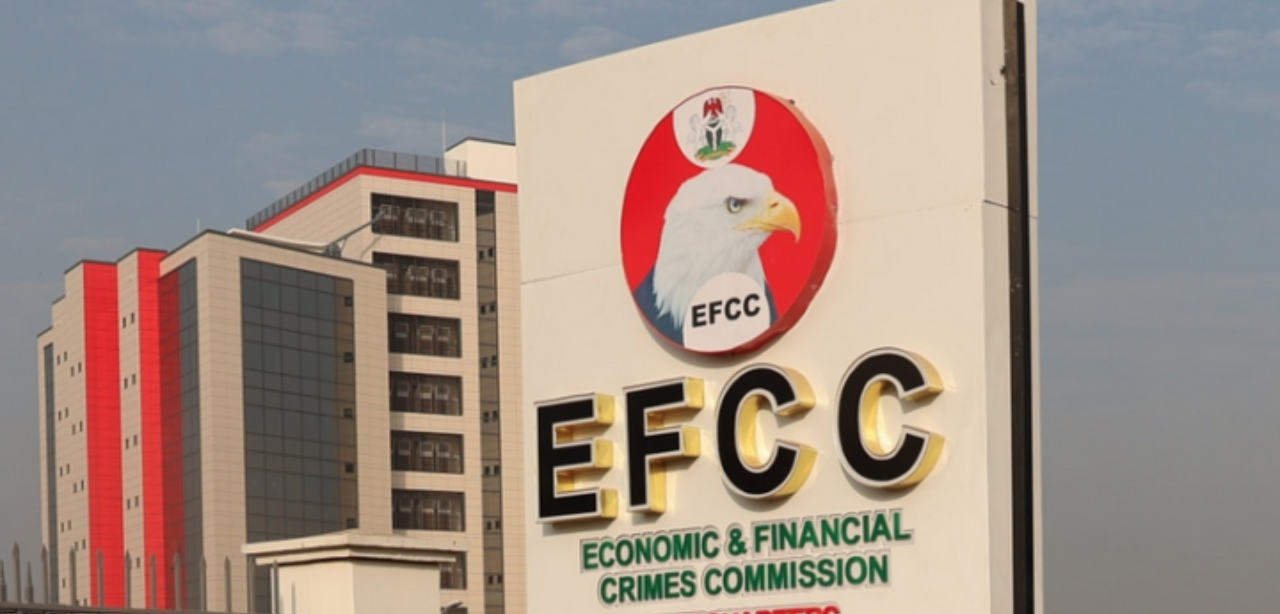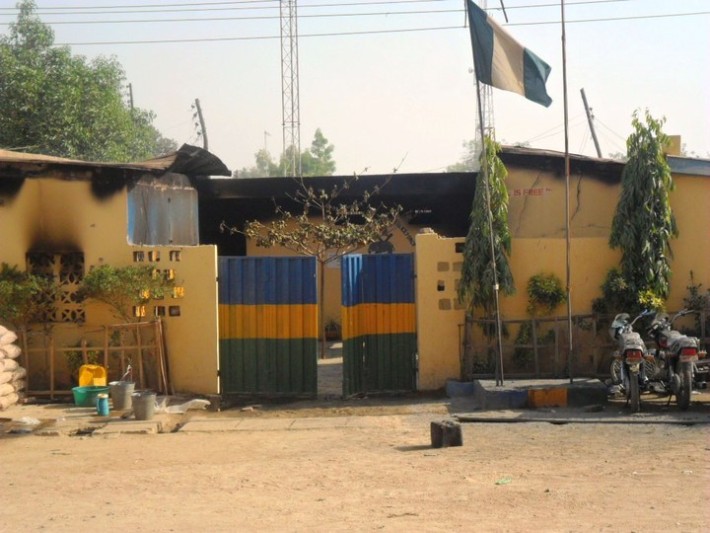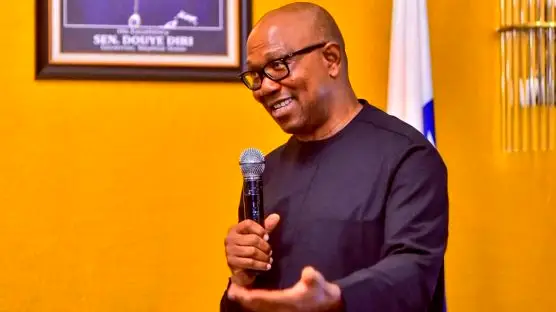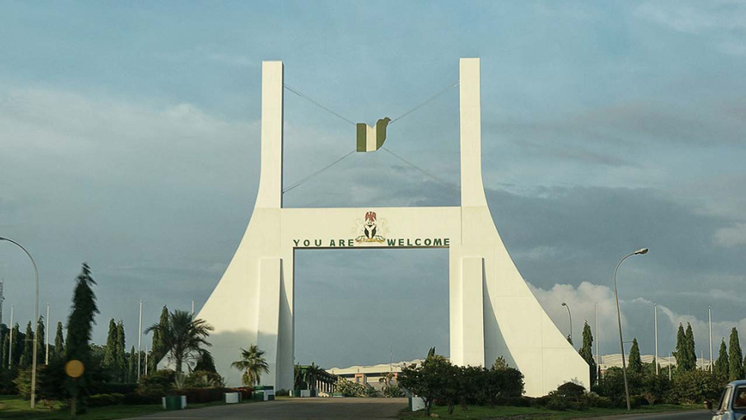THE Federal Government’s annual electricity subsidy has risen by 269 per cent to ₦2.4 trillion in 2024, from ₦650 billion in 2023. This is despite the implementation of the Band A tariff service category in April, estimated to reduce the government’s subsidy obligation by ₦1.14 trillion.
Read Also: NNPC rubbishes doubt over restreaming of Port Harcourt Refinery
Commissioner for Planning, Research, and Strategy at the Nigerian Electricity Regulatory Commission, NERC, Dr. Yusuf Ali, disclosed this in his presentation at the PwC’s Annual Power and Utilities Roundtable in Lagos, on Friday.
Speaking on “Reigniting hope in Nigeria’s electric power sector”, Dr. Ali said between 2023 and 2024, macroeconomic shocks, especially foreign exchange instability, succeeded in driving cost-reflective tariffs up by 118 per cent, while annual subsidy increased by 270 per cent.
Tariff impact
Dr. Ali said by increasing tariff in April 2024, the government intention was to reduce subsidy significantly, but the country’s macroeconomic environment negatively impacted on tariff payment.
He emphasised that without the tariff reforms implemented between 2020 and 2023, annual subsidies would have risen significantly, especially amidst the macroeconomic shocks of the past 20 months.
He said: “So right now, the best estimate that we have for 2024 is that the cumulative subsidy for the year will be 2.4 trillion.”
On his part, the Minister of Power, Chief Adebayo Adelabu, the present administration in Nigeria, led by President Bola Tinubu, with the renewed hope agenda, has recognised energy as the backbone of economic growth and job creation.
The Minister, who was represented by his Chief Technical Assistant, Adedayo Olowoniyi, said: “To ensure the sustainability of the energy sector, the Federal Government of Nigeria has implemented a multi-pronged approach spanning across legislation with the enactment of the Electricity Act 2023, policy framework with the development of an Integrated National Electricity Policy, the introduction of national infrastructure development programmes to expedite infrastructure expansion, leveraging bilateral funding to derisk investment, sector commercialisation to enable project viability and bankability, and strategic partnership with the investment community and development partners to address bottlenecks across the Nigerian Electricity Supply Industry value chain.
“Our successes have not been without its challenges. We have recorded frequent grid disturbances recently and dip in supply level due various factors which include aging infrastructure, resource limitations, capacity inadequacy across the value chain, and predominantly the consistent vandalism experienced on the transmission networks across the country.
“We are actively addressing these challenges to ensure energy security and sustainability across the country.
“In the short term, we have implemented measures such as reinforcing standard operating procedures, developing detailed maintenance plans for key transmission substations, conducting line tracing on frequently tripping lines based on data analysis, replacing outdated equipment at critical stations, and assessing the integrity of key nodes to prevent future disruptions.
“For long-term strategies, we are finalising plans for a super grid project to establish a more robust and resilient grid system.
“Today’s theme reminds us that hope is not a passive sentiment, but an active commitment and we must continue to innovate, collaborate, and implement bold ideas to restore confidence in our sector to deliver an energy future where every Nigerian has access to reliable, affordable, and sustainable power.”







